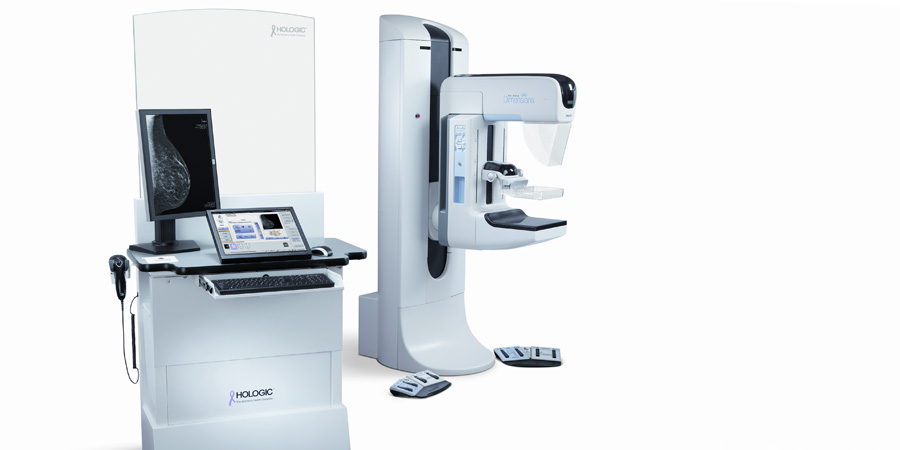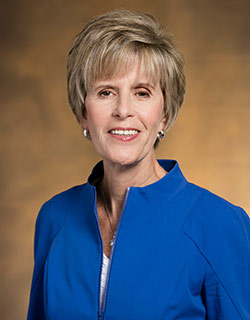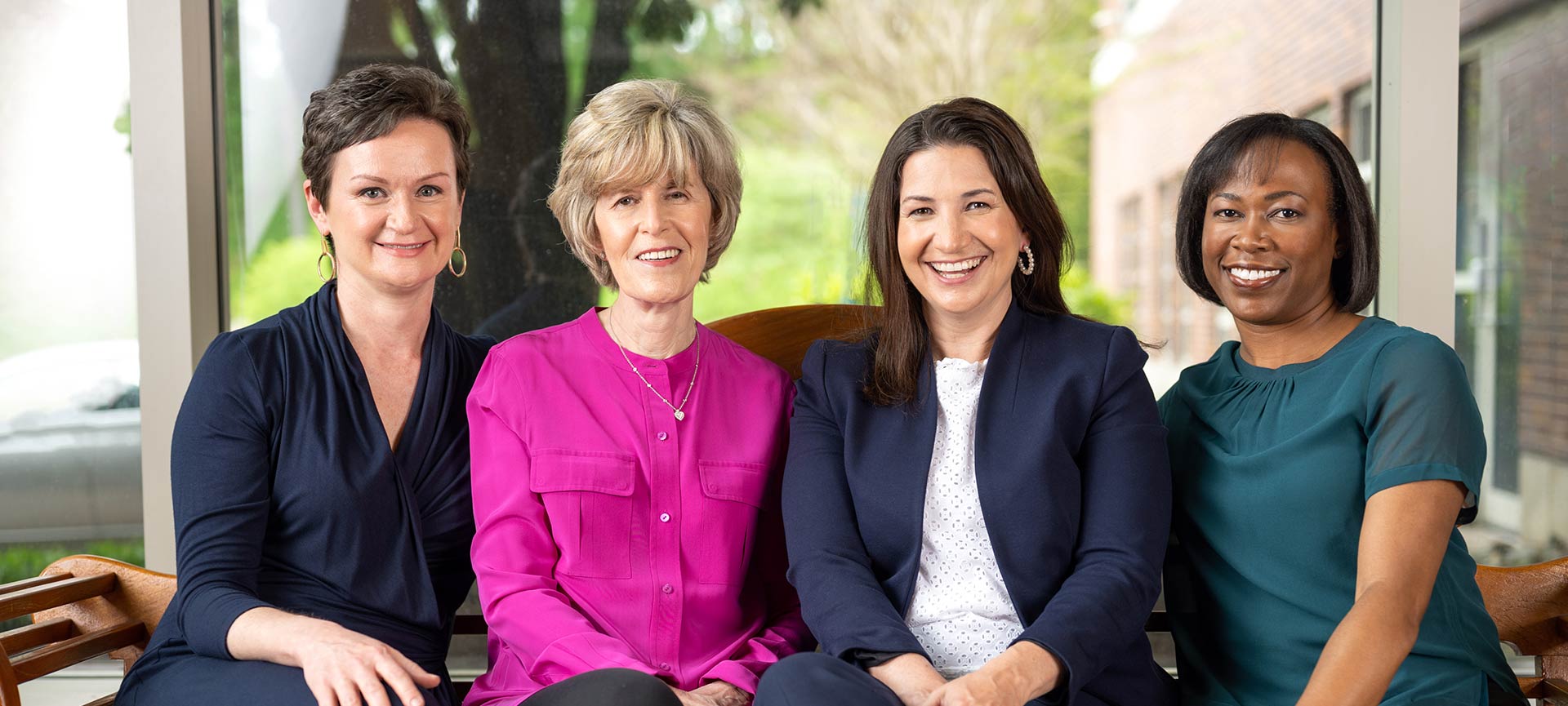Turning a Corner in Breast Cancer Detection: New Technology Offers Enhanced Imaging of Dense Breast Tissue
December 3, 2013
Having dense breast tissue can pose challenges when it comes to the imaging capabilities of a mammogram. Some early cancers may go undetected because they could be hidden behind dense tissue. Women with dense breast tissue are often called in for additional testing due to unclear results. However, a new Food and Drug Administration (FDA)-approved technology is enhancing mammography for women in this category. This groundbreaking tool is called tomosynthesis mammography, or 3-D mammography, and it is now offered on GBMC’s campus through its imaging partner, Advanced Radiology. “Tomosynthesis mammography is the next logical step in screening women with dense breast tissue,” says Lauren Schnaper, MD, Director of the Sandra & Malcolm Berman Comprehensive Breast Care Center at GBMC. “By imaging ‘slices’ through the breast, overlapping shadows are eliminated and each area of tissue can be seen more clearly.” She explains that subtle tumors become more obvious because they can be separated from background tissue. Fewer women will be called back for additional imaging because of positional changes in the breast from year to year. “Hopefully, it will allow us to advance in two areas: to perform fewer unnecessary biopsies and to find tumors that are hiding behind normal dense tissue.”
Some studies show that, when combined with digital 2-D technology, 3-D mammography can provide improved breast cancer detection. All women undergoing a standard mammogram may elect to have this added to their exam at an additional cost of $100, as insurances do not currently pay for the test.
Recognizing Breast Cancer Risk
Besides skin cancer, breast cancer is the most common cancer affecting American women. According to the American Cancer Society (ACS), about 12 percent of women in the United States will develop invasive breast cancer at some point during their lives. Fortunately, thanks to improved technologies, like tomosynthesis mammography, and better education, breast cancers are being diagnosed earlier and more people are surviving it. All women are encouraged to become acquainted with screening recommendations that could help detect breast cancer in its earliest stages.
Consult with your physician to determine if 3-D mammography might be a good option for you. Or, call Advanced Radiology at GBMC at 410-580-2300 to learn more about the technology.






